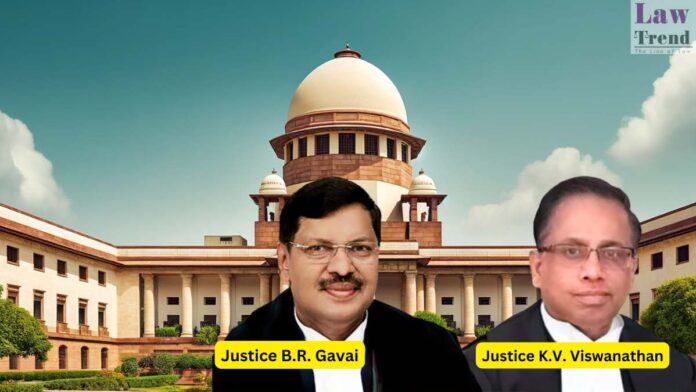The Supreme Court of India, in a notable judgment, underscored the principle that preventive detention is an extreme and exceptional measure, applicable only when an individual’s actions pose a clear threat to public order. Quashing the detention of Arjun S/o Ratan Gaikwad under the Maharashtra Prevention of Dangerous Activities Act (MPDA), the Court ruled that

To Read More Please Subscribe to VIP Membership for Unlimited Access to All the Articles, Download Available Copies of Judgments/Order, Acess to Central/State Bare Acts, Advertisement Free Content, Access to More than 4000 Legal Drafts( Readymade Editable Formats of Suits, Petitions, Writs, Legal Notices, Divorce Petitions, 138 Notices, Bail Applications etc.) in Hindi and English.
Click to Subscribe
If you are already a VIP Member, Click to Login Now
READ ALSO SC refuses to entertain plea on road safety, says traffic regulation administrative matter




